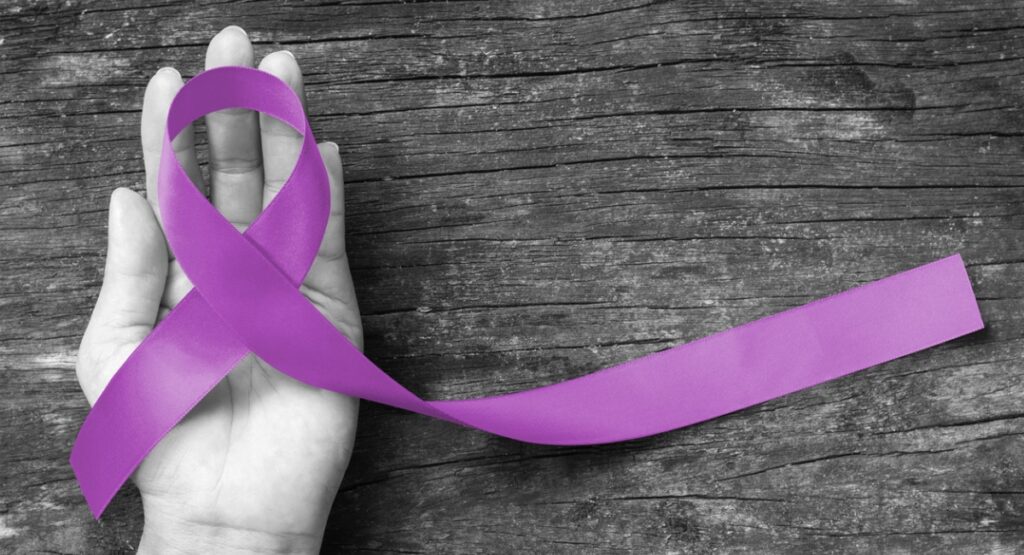The “Mommy Wars” in a Post-Pandemic World: The Battle We Need to Move Beyond

In the past few decades, few topics have been as polarizing among women as the “Mommy Wars.” The age-old debate between stay-at-home and working mothers about who is making the “right” choices has been a significant point of contention. With the advent of the COVID-19 pandemic, these conversations took on new dimensions, intensifying in some quarters while drawing the need for unity and understanding in others. Let’s explore the evolution of the “Mommy Wars” in the post-pandemic era and why it’s more crucial than ever for women to rise above the fray. Mommy Wars: Pre-Pandemic and Now Before the pandemic, the “Mommy Wars” often revolved around the supposed superiority of one parenting style or choice over another. Working mothers faced criticism for “neglecting” family, while…







